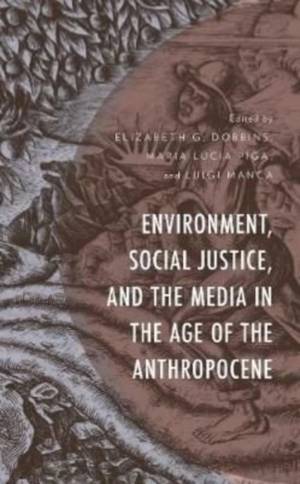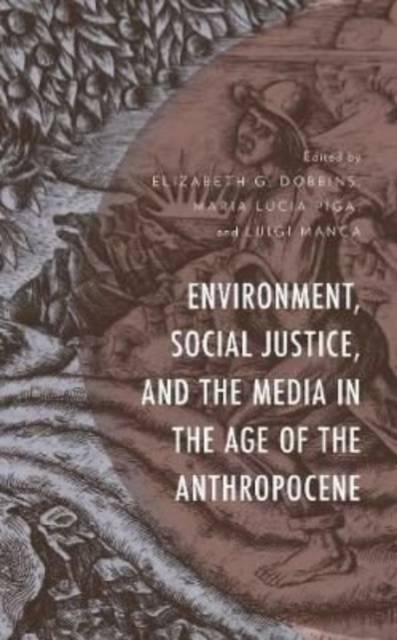
- Afhalen na 1 uur in een winkel met voorraad
- Gratis thuislevering in België vanaf € 30
- Ruim aanbod met 7 miljoen producten
- Afhalen na 1 uur in een winkel met voorraad
- Gratis thuislevering in België vanaf € 30
- Ruim aanbod met 7 miljoen producten
Zoeken
Environment, Social Justice, and the Media in the Age of the Anthropocene
€ 84,95
+ 169 punten
Omschrijving
This book defines for readers the ecological epoch known as the Anthropocene and brings together an interdisciplinary roster of researchers and scholars to address key imminent challenges to human society posed by climate crisis. The work also analyzes and provides a constructive vision on the relationship between social justice and the media.
Specificaties
Betrokkenen
- Uitgeverij:
Inhoud
- Aantal bladzijden:
- 434
- Taal:
- Engels
- Reeks:
Eigenschappen
- Productcode (EAN):
- 9781793607621
- Verschijningsdatum:
- 11/05/2022
- Uitvoering:
- Paperback
- Formaat:
- Trade paperback (VS)
- Afmetingen:
- 152 mm x 229 mm
- Gewicht:
- 576 g

Alleen bij Standaard Boekhandel
+ 169 punten op je klantenkaart van Standaard Boekhandel
Beoordelingen
We publiceren alleen reviews die voldoen aan de voorwaarden voor reviews. Bekijk onze voorwaarden voor reviews.










